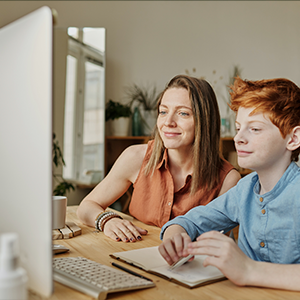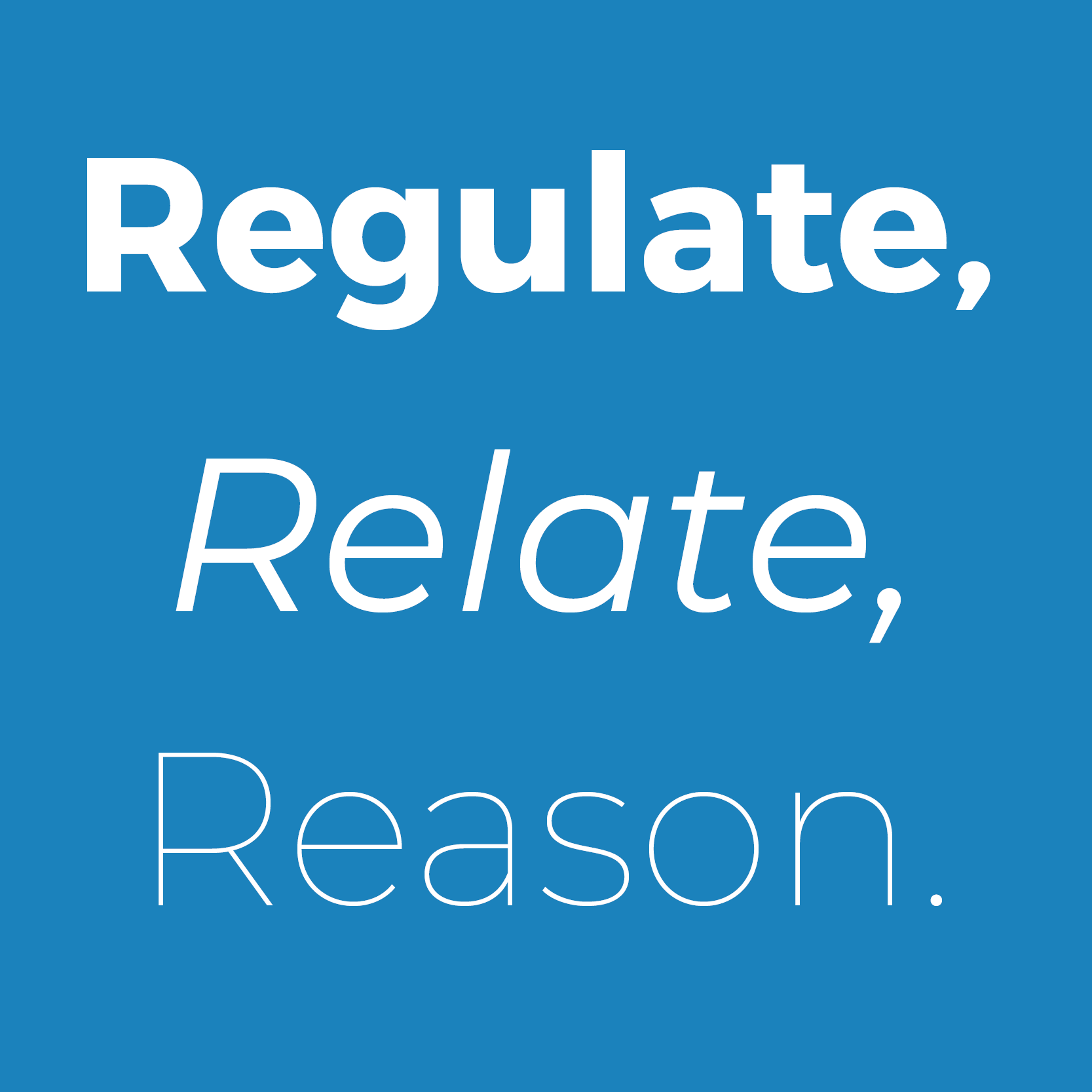Back-to-School Tips for Parents and Caregivers
By: Erik Karff, AMFT, Mental Health Clinician
StarVista’s School-Based Counseling Services program
The uncertainty and changing nature of shelter in place is presenting new challenges to parents that recent previous generations have not dealt with. For this reason, it’s very natural for parents and caregivers to feel overwhelmed and experience feelings of anxiety. But, how does a working parent or caregiver provide support to their child while managing their own anxieties?
This blog post will illustrate a few easy to implement recommendations that provide parents and caregivers with the tools and resources they need to begin transforming these challenging times to enlivened opportunities to connect.
School Work? What Do I Do?
Since shelter in place began, many students on either end of the academic success spectrum have been struggling. Many are procrastinating or experiencing anxiety around assignments that would have not otherwise bothered them. As working parents, how do you support your child’s academic success and help them manage hard emotions, while also managing your own workload?

1. Dispel the “myth of laziness.” Procrastination is very rarely (perhaps never) stemming from laziness. Your child is likely doing their best to avoid some very real and very hard to tolerate emotions.
2. Create a schedule. This will help provide needed structure and emotional safety which can feel containing to a child. Schedule times to work, ask questions, take breaks, and play.
3. Break assignments into sizable chunks. This can help your child to not feel overwhelmed.
4. Reward and praise them. Research shows that positive reinforcement is more effective than punishment. The rewards and praise should match the effort as perceived by the child. It helps your kid to build a strong sense of self and high self-esteem. A good rewards formula is “First do ABC, then you can XYZ.”
What About Me? As a Parent, I Feel Overwhelmed.
It makes all the sense in the world to feel overwhelmed. We are in a time of great uncertainty. Uncertainty is often one of the hardest emotions to tolerate. But, with the proper tools, it is possible to move into a more empowered place.
1. Put your oxygen mask on first. When going over the safety features of the plane, the flight attendants will suggest that you put your oxygen mask on first, before you help someone else. Make sure that you are taking care of your own needs.
2. Make a self-care plan. Use this self-care worksheet for adults and this worksheet for children to create a doable plan. Make self-care a priority for yourself and your child. This is something that can be done together.
3. Engage with like-minded parents. Engage with other nonjudgmental parents to decompress. This does not have to be formal.
4. Identify your parenting values. Parenting in a way that aligns with your values can be both rewarding and embodied. What are your values as a parent? This worksheet helps parents to identify their values.
5. Make mistakes. You’re going to get angry, frustrated, and/or overwhelmed. You’re going to hurt your kids’ feelings and heck, they may even tell you how much they don’t like you! That is so painful! But from there, there is an opportunity for growth.
6. Stay Calm. During a conflict, it’s important for you to stay calm. Do not shame the emotion away, rather get their attention, get on their level, use a soft voice, and objectively name it. A good mantra is “regulate, relate, reason.”

7. Rupture and repair. There are never close relationships devoid of conflict. What is important, however, is how we relate to and manage those conflicts. After a conflict, you can model accountability, honesty, and vulnerability which your child will internalize and help them to grow emotionally and sustain healthy, joyful relationships. Easier said than done, but it is a muscle. The more you do it the easier it becomes!
Play, Play Again, Play Even More!
The revered pediatrician and psychoanalyst Donald Winnicott said, “It is in playing and only in playing that the individual child or adult is able to be creative and to use the whole personality, and it is only in being creative that the individual discovers the self.” Developmental psychologists are increasingly highlighting the importance of play and many believe play to be as important, or even more important in neurocognitive development than academics. So, play!
1. Schedule times. Carve out specific times for you to play one-on-one with each of your children.
2. Let your kid choose. Let your child decide on time, length, and activity. Be flexible.
3. The relationship is everything. Remember, play helps strengthen the relationship which can later make tough times, smoother.

No one knows a child better than their parents or caregivers. These are suggestions on what to do to manage the anxiety of these uncertain times. With that said, it is a buffet. Take what you need. But, challenge yourself to try new things. Give you and your family the space experiment with what works and what doesn’t.
